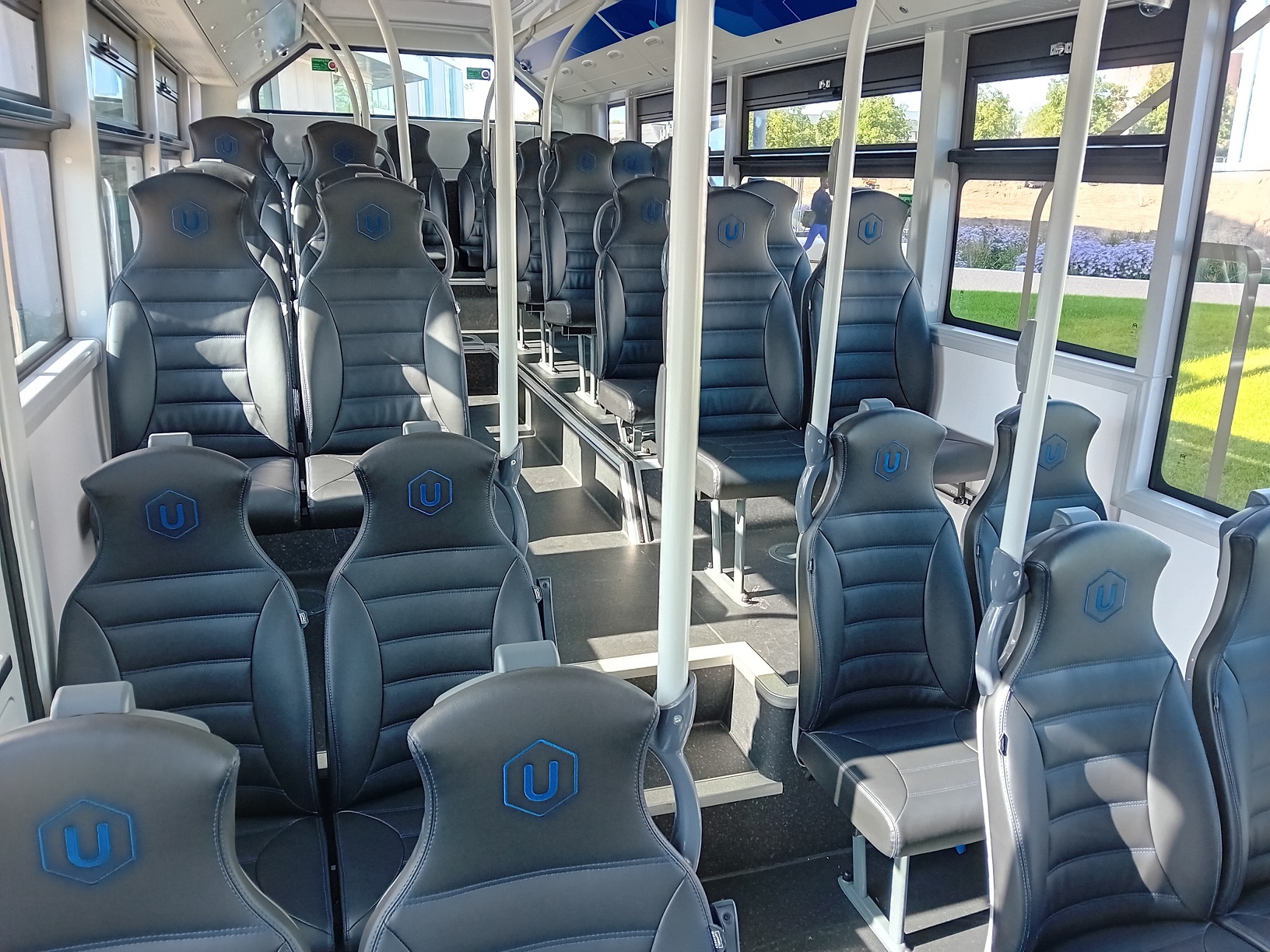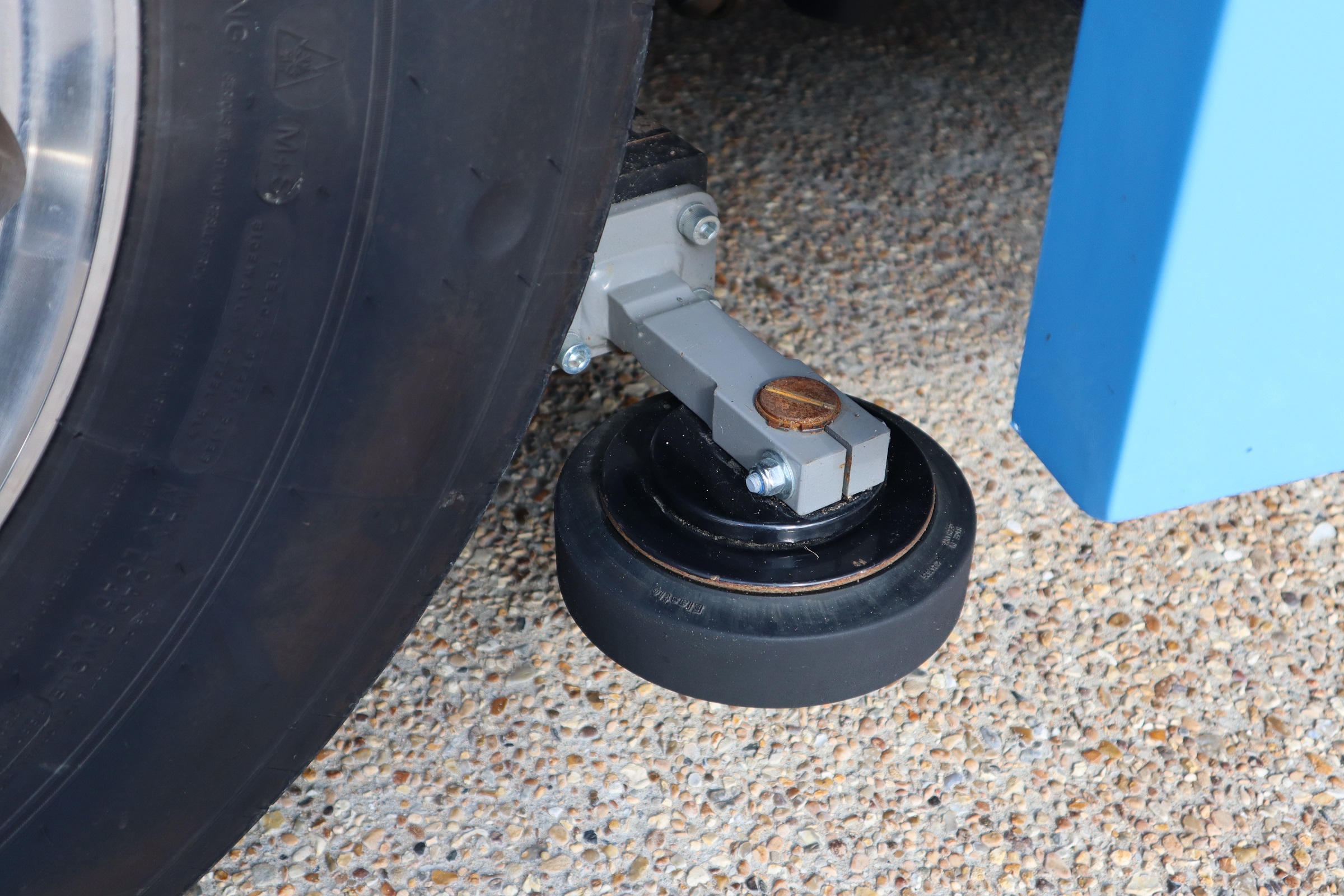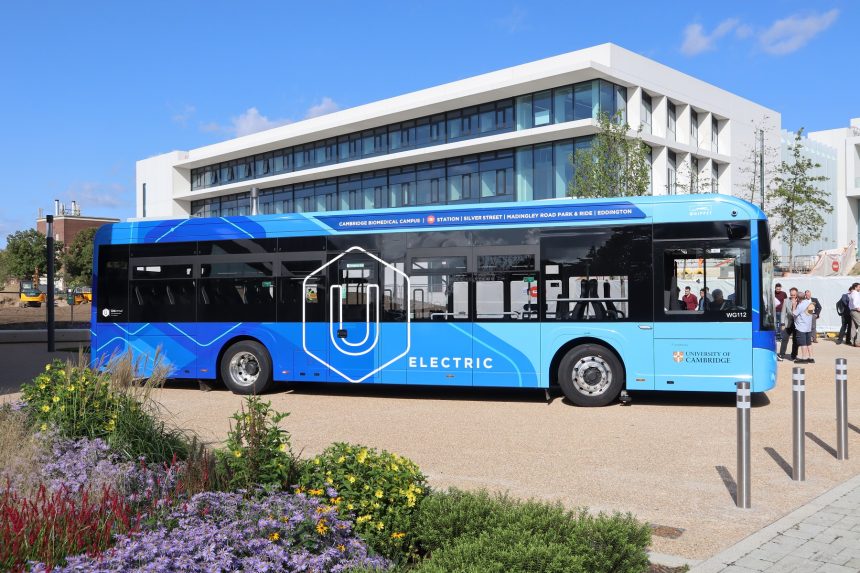The scope for long-term collaboration to deliver improved bus services has been highlighted by work between the University of Cambridge and bus operator Whippet, which via an eight-year contract has enabled the Ascendal Group subsidiary to upgrade its Universal route in the city.
At the centre of Whippet’s delivery are nine Mellor Sigma 12 battery-electric buses. They come with air-conditioning, a high-specification passenger information system likened by the operator to those used on the Elizabeth Line railway in London, and well-finished seats. Zenobe has provided the necessary infrastructure at Whippet’s depot, and the buses are in a distinctive livery.
But while hardware is one part of the equation, importance placed upon the Universal service by the University of Cambridge is equally important. The previous contract – also held by Whippet – was four years in length, although it was extended during the COVID-19 period.
A spokesperson for the University acknowledges the need for a longer duration to support the case for investment in zero-emission, with deployment of that technology prioritised in the most recent tendering round.
Bus an answer to urban growing pains with Cambridge Universal
Senior Pro-Vice-Chancellor for Enterprise and Business Relations Prof Andy Neely notes that the prosperity of Cambridge, of which the University is a major driver, gives a thriving cityscape, but one where infrastructure is under severe pressure. Through the new contract, Universal has been extended, which Andy says was partially down to requests from students.
“The more successful we are, the bigger the burden we place on local facilities,” adds Chair of the University’s Environmental Sustainability Strategy Committee and Transport Working Group Prof Ian Leslie. While the Universal service is contracted, it is open to allcomers, and it has already exceeded 2019 passenger numbers; during 2022/23, it carried over 719,000 users.
Ian describes it as “the artery of the University” because of the path it takes, linking various colleges and research hubs with the city centre, railway station, residential areas, and a large hospital.

The University decided in 2019 that Universal would go zero-emission, although rollout was delayed by events in the meantime. For the latest contract renewal, around 10 parties showed early interest, including some coach operators. The tender majored on quality before price, a University representative says, and Whippet’s proposal exceeded that baseline specification.
An outlier for vehicle requirement was guidewheel fitment, owing to a short stretch along the Cambridgeshire Guided Busway. That narrowed down the scope of compliant suppliers. Mellor eventually got the nod after the field had been slimmed to three. Sigma buses arrive at its plant in Rochdale without seats or other internal fittings, which are added there. Mellor has staff on-site with Whippet to support the fleet.
‘Back to the drawing board’ on quality, says operator Whippet
Mapping out delivery of the enhanced Universal contract required a ‘back to the drawing board’ approach, says Ascendal Group Managing Director, UK, Jonathan Ziebart. “It called for a change in mindset,” he continues. “What do passengers want, and what do staff want?”
On the Sigma 12 fleet, various aspects have been included to benefit customers. At the front, three ‘parent and child’ seats are fitted over the steer axle. A bespoke luggage rack has been created, while also part of the specification are consoles mounted on seat backs that each include a stop request button, wireless and USB charging, and a reading light.
Ticketing options have been improved and so have channels of conversation with users. Satisfaction surveys have been introduced, as has work on bettering ‘back office’ customer service. Stops have received consistent branding along with real-time departure displays.

For drivers, positive changes have also come. A staff app has been introduced – developed by one of Whippet’s drivers – while a telematics system derived from a platform already used in Ascendal’s Hong Kong business manages data feeds from the Sigma fleet. High-specification cab seats are part of the specification, while more minor aspects, such as electrically-controlled sun blinds, are appreciated.
The buses also each come with a PA system, intelligent speed assist, and rear view cameras. On the latter, Jonathan says that fitment is particularly important given the number of cyclists in Cambridge.
Sigma success is sowing seeds for Mellor
For Mellor, deployment of the Sigma 12s with Whippet gives further traction for its nascent battery-electric range. The Universal vehicles represent high-profile success for the marque, and Managing Director Neil McCarroll says that it has further growth in mind for the mainstream bus segment.
“Our heritage is with smaller operators,” he adds. Mellor is looking keenly towards the second round of the Zero Emission Bus Regional Areas (ZEBRA 2) scheme in England as part of that. Rural areas are prioritised in ZEBRA 2 and Neil sees scope for the Sigma 7, 8 and 9 models there. “We are looking to help small operators to access zero-emission.”
To Whippet, upgrade of the Universal service to battery-electric serves as additional development of the business. Jonathan recognises that work is still needed on the delivery of Ascendal’s plans for the operator; the driver recruitment landscape in Cambridgeshire is challenging, and he plans additional investment in management resource to complement the arrival of Ed Cameron as Commercial Manager during the summer.
Nevertheless, Universal is a strong indication of what can be achieved when bus is recognised as a vital part of the urban transport landscape.



























